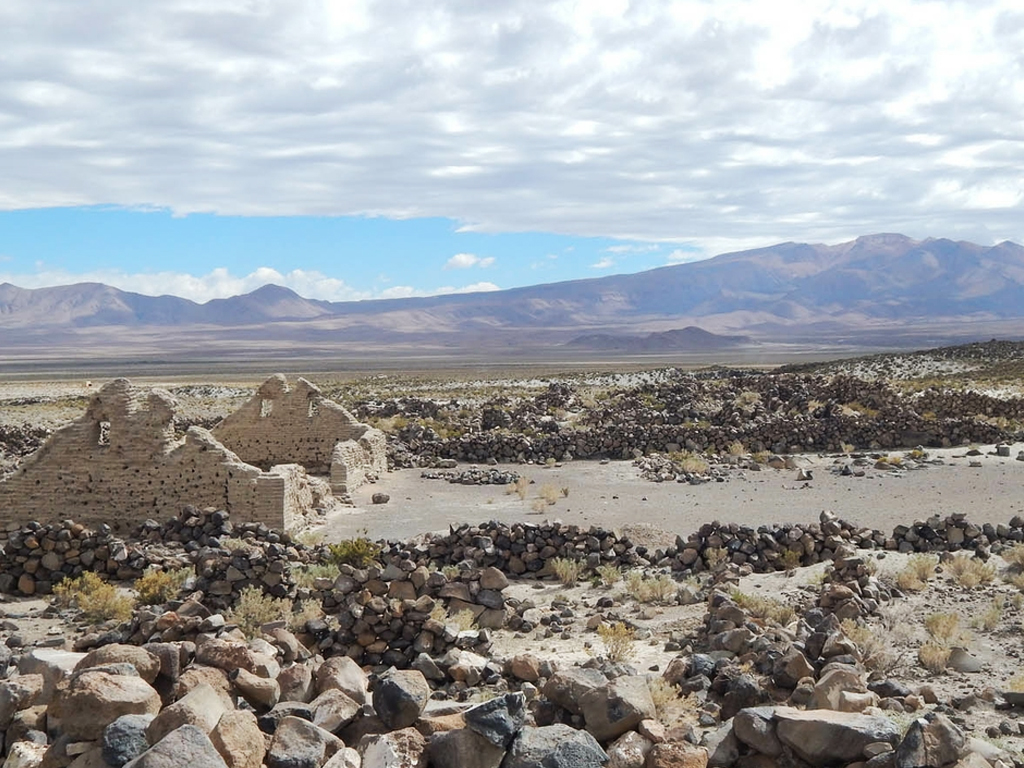Fulbright Scholar Heads South to Study the History of Farming in Extreme Climates
February 12, 2018

The University of New Mexico anthropology professor, Frances Hayashida, has been awarded a prestigious Fulbright Fellowship to support teaching and research in Chile this Fall. She will take part in an ongoing research collaboration on prehispanic water management and land use in the high-altitude Atacama Desert.
Along with colleagues in the Department of Anthropology at the Universidad de Chile in Santiago and the Institute of Archaeology and Anthropology at the Universidad Católica del Norte in San Pedro de Atacama, Hayashida will be studying how farmers created field and irrigation systems that allowed them to thrive in their extreme environment, what their relationships were with each other and the landscape along with what happened when the region was conquered by the Inka Empire.
“I’m very grateful, particularly to the host institutions, my Chilean and Spanish colleagues and to the indigenous communities in our study area,” said Hayashida. “I also thank the Fulbright Program, UNM’s Department of Anthropology, and UNM’s Latin American and Iberian Institute, who provided a seed grant in 2013 that helped support my initial fieldwork in Chile.”
Her time in Chile will include teaching in the graduate program in archaeology at the Universidad de Chile and advising students.
The Fulbright US Student Program is the largest US exchange program offering opportunities for students and young professionals to undertake international graduate study, advanced research, university teaching, primary and secondary school teaching worldwide. The program currently awards approximately 1,900 grants annually in all fields of study, and operates in more than 140 countries worldwide.
